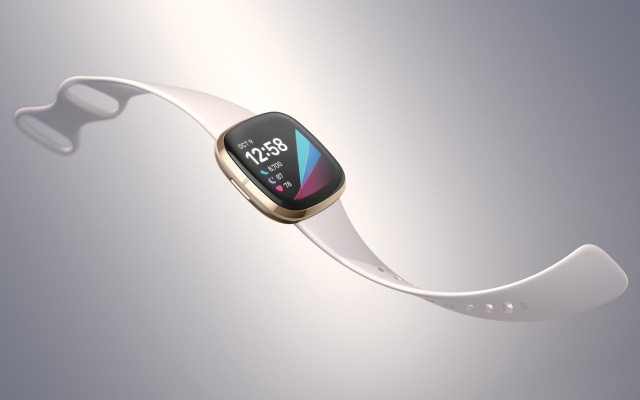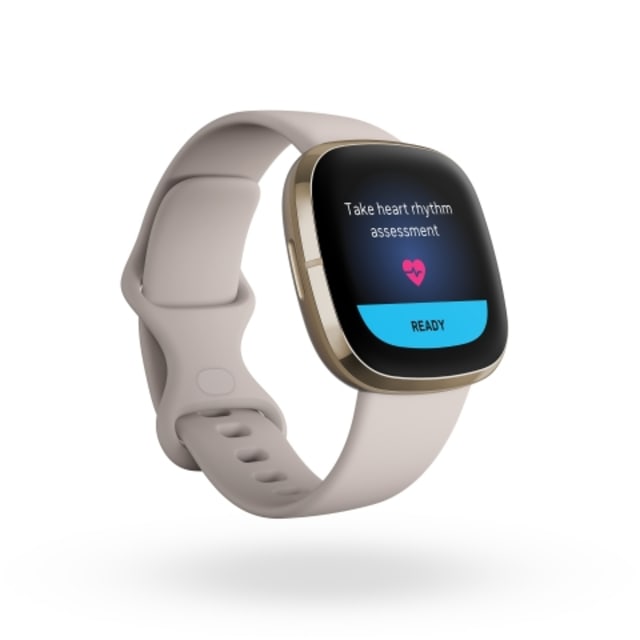
Fitbit gets FDA clearance for its Sense smartwatch and ECG app
by Christine FisherFitbit’s $329 Sense smartwatch just earned clearance from the FDA (and the EU’s regulatory body) for its electrocardiogram (ECG) app. When the “advanced health” wearable arrives this October, it will be able to assess heart rhythms for atrial fibrillation, or AFib.
AFib is a heart condition that affects more than 33.5 million people globally and has serious complications, including stroke. The condition is notoriously difficult to detect because the heart doesn’t always present an abnormal rhythm when a patient is in their doctor’s office. A study used to evaluate Fitbit’s algorithm found that it could detect 98.7 percent of AFib cases.

Fitbit says the AFib-detecting Sense smartwatch is part of its larger commitment to heart health innovation. This spring, the company launched its first large-scale study to detect irregular heartbeats. It will use data from hundreds of thousands of participants to refine its AFib algorithm. Meanwhile, Sense also comes with “the world’s first” electrodermal activity (EDA) sensor, which will help users manage stress and measure on-wrist skin temperature.
Fitbit is not alone in trying to improve AFib detection. The FDA recently approved an AFib-detecting algorithm developed by Eko, maker of the DUO digital stethoscope. But Withing’s Move ECG smartwatch has been hung up in regulatory red tape. The watch hasn’t received FDA approval and won’t be sold in the US until it does.